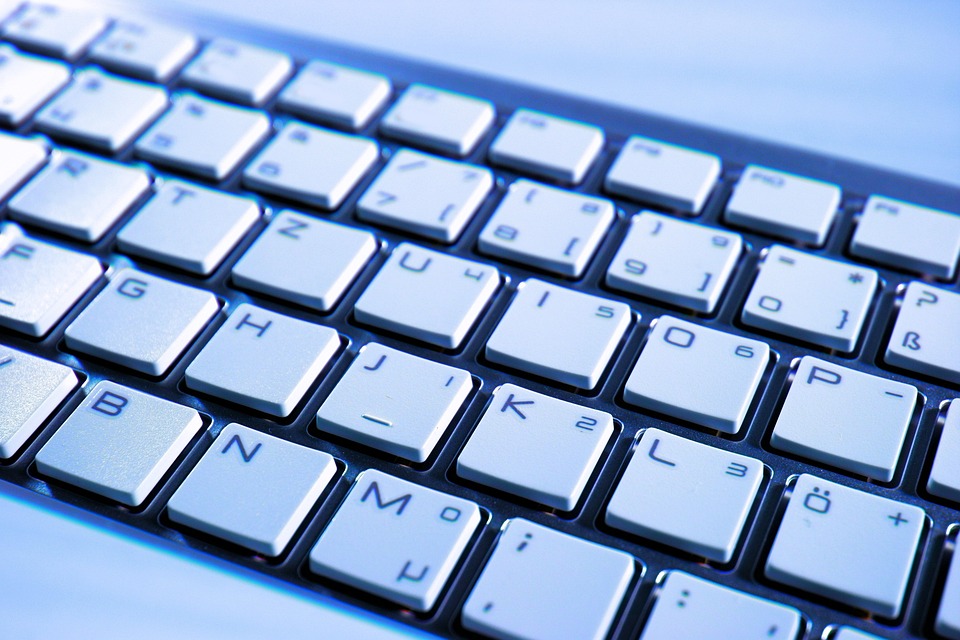Over the past decade, tablets have become increasingly popular and have quickly become a staple in the tech world. With their sleek design, portability, and touchscreen capabilities, tablets have become a convenient and efficient option for many consumers. However, this rise in popularity has sparked debate over whether tablets are making traditional PCs obsolete.
One of the main arguments in favor of tablets replacing PCs is their convenience and portability. Tablets are lightweight and easy to carry around, making them ideal for on-the-go use. They also have long battery life, allowing users to work or entertain themselves for extended periods without needing to constantly recharge. This portability factor has made tablets a popular choice for students, travelers, and professionals who are constantly on the move.
Additionally, tablets have become more powerful in recent years, with many models boasting impressive processing power and storage capacities. This has allowed tablets to handle more complex tasks and applications, such as video editing, graphic design, and gaming. As tablets continue to improve in terms of performance and functionality, some argue that they will eventually be able to fully replace traditional PCs.
However, there are still some limitations to tablets that prevent them from completely replacing PCs. One of the main drawbacks of tablets is their lack of a physical keyboard and mouse, which can make it difficult to perform certain tasks that require precise input or extensive typing. While there are external keyboards and styluses that can be used with tablets, they are not always as efficient or comfortable as a traditional keyboard and mouse setup.
Additionally, tablets often have smaller screens than PCs, which can impact productivity and comfort, especially when working on larger projects or for extended periods of time. The lack of multiple ports and connectivity options on tablets can also be limiting for some users, as they may not be able to easily connect peripherals or external devices.
Despite these limitations, it is clear that tablets are becoming an increasingly popular choice for many consumers. As technology continues to advance and tablets become more versatile and powerful, it is possible that they may eventually replace traditional PCs for the majority of users.
Ultimately, the future of computing is likely to be a hybrid model, where tablets and PCs coexist and complement each other. Tablets are ideal for on-the-go use and casual computing tasks, while PCs are better suited for more intensive work and gaming. As technology continues to evolve, it is important for consumers to consider their individual needs and preferences when choosing between a tablet and a PC. The most important thing is to choose the device that best suits your lifestyle and computing needs.


